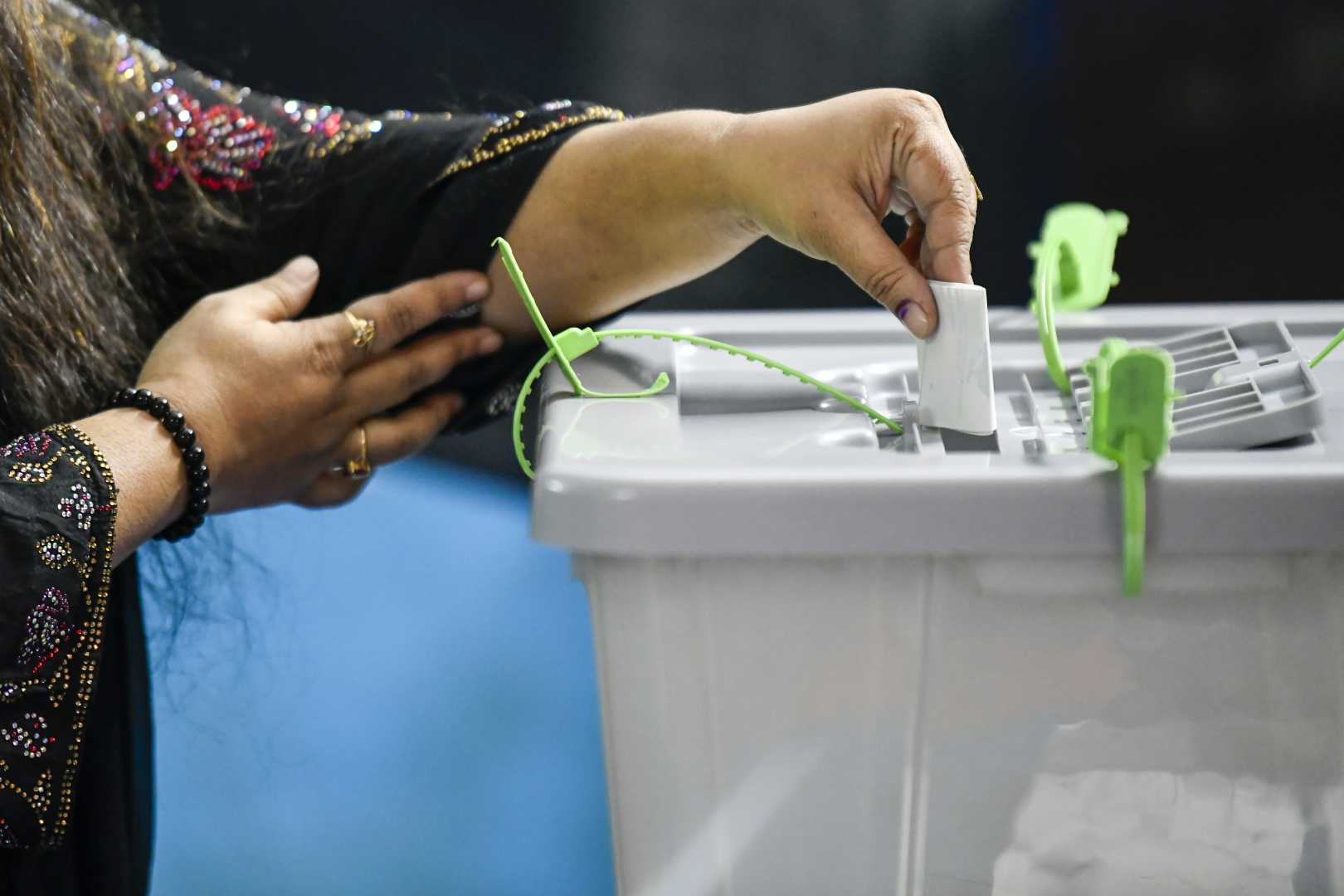Politics
Bangladesh to Allow Expatriates to Vote in Upcoming Elections

Dhaka, Bangladesh – For the first time, millions of Bangladeshi expatriates, including crucial migrant workers, will have the opportunity to vote in national elections. The country’s Election Commission is implementing measures to include these voters in the democratic process, significantly impacting the nation’s electoral landscape.
The Election Commission estimates that about 15 million Bangladeshi expatriates live abroad, particularly in the Gulf, Europe, the Americas, and Southeast Asia. This group makes up over 10 percent of the total electoral base in Bangladesh. To facilitate their voting, the Commission plans to launch postal ballots and a new app called Postal Vote BD.
These steps come in the wake of a governmental reform initiative triggered by the ousting of former Prime Minister Sheikh Hasina and her Awami League party in 2024. With parliamentary elections scheduled for February 2026, experts caution that implementing an effective overseas voting system will be a complex challenge.
Badiul Alam Majumdar, chief of the electoral reform commission, highlighted the importance of maintaining integrity and transparency in the voting process. “If authenticity and transparency are not maintained, the credibility of the entire election could be called into question,” he stated in an interview.
Historically, while the Bangladeshi constitution did not explicitly bar expatriates from voting, practical implementation had been elusive. The Electoral Rolls Act of 2009 redefined the residency criteria to recognize expatriates as residents of their last constituency.
However, previous elections failed to provide means for expatriates to cast their votes. Majumdar noted that, “Past elections became a farce—there was no genuine intention to include them.”
The Postal Vote BD app, expected to launch in early November, will allow expatriates to register and track their ballots. “Voters will register via the app using their National ID (NID) number, which is linked to the Election Commission’s server,” explained Akhtar Ahmed, senior secretary of the Election Commission.
Achieving the goal of overseas voting is essential, as many expatriates continue to actively participate in socio-political issues, particularly after their involvement in protests against Hasina’s government. Khaled Saifullah, of the National Citizen Party, emphasized the significance of expatriate votes in tight elections, stating that their presence can significantly influence public opinion and voter turnout.
As new regulations are set to empower expatriates, political parties face the task of engaging a vast overseas electorate while combating misinformation. Saifullah concluded, “Our aim is simple: distance should not mean disenfranchisement.”












